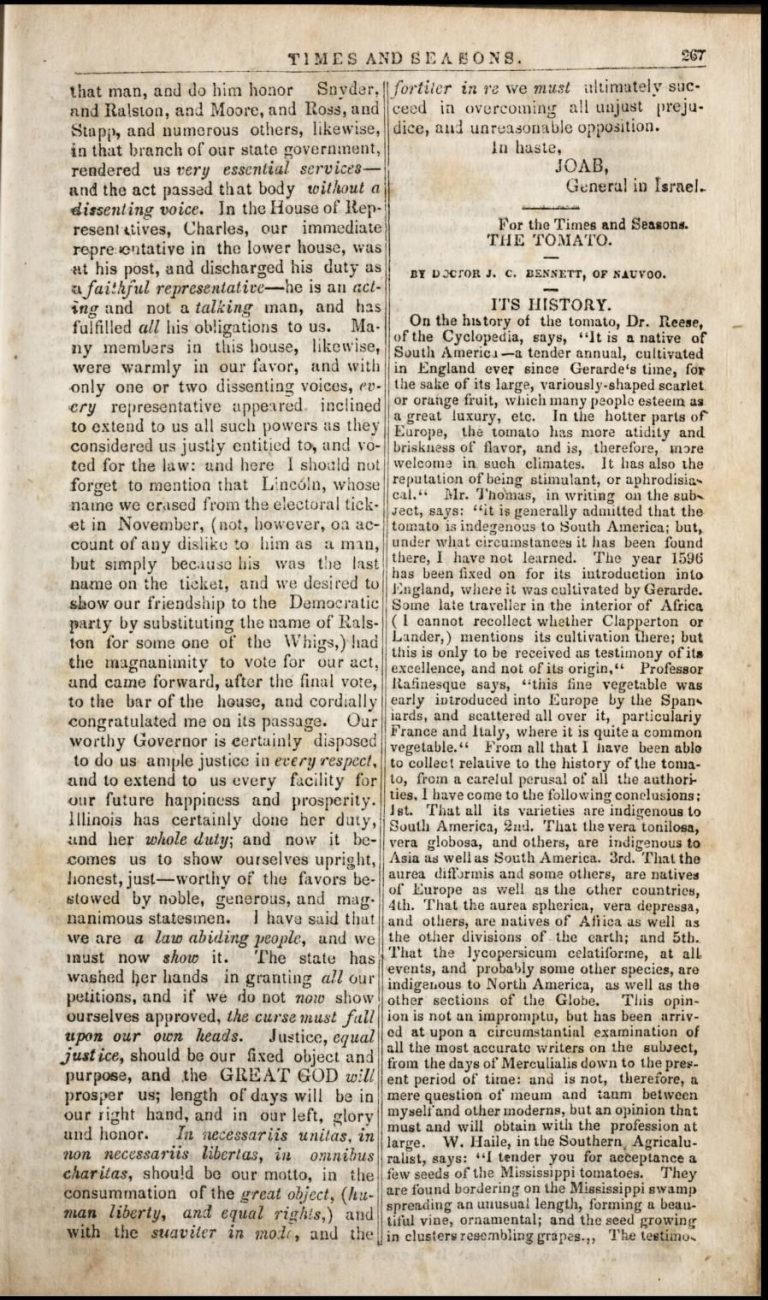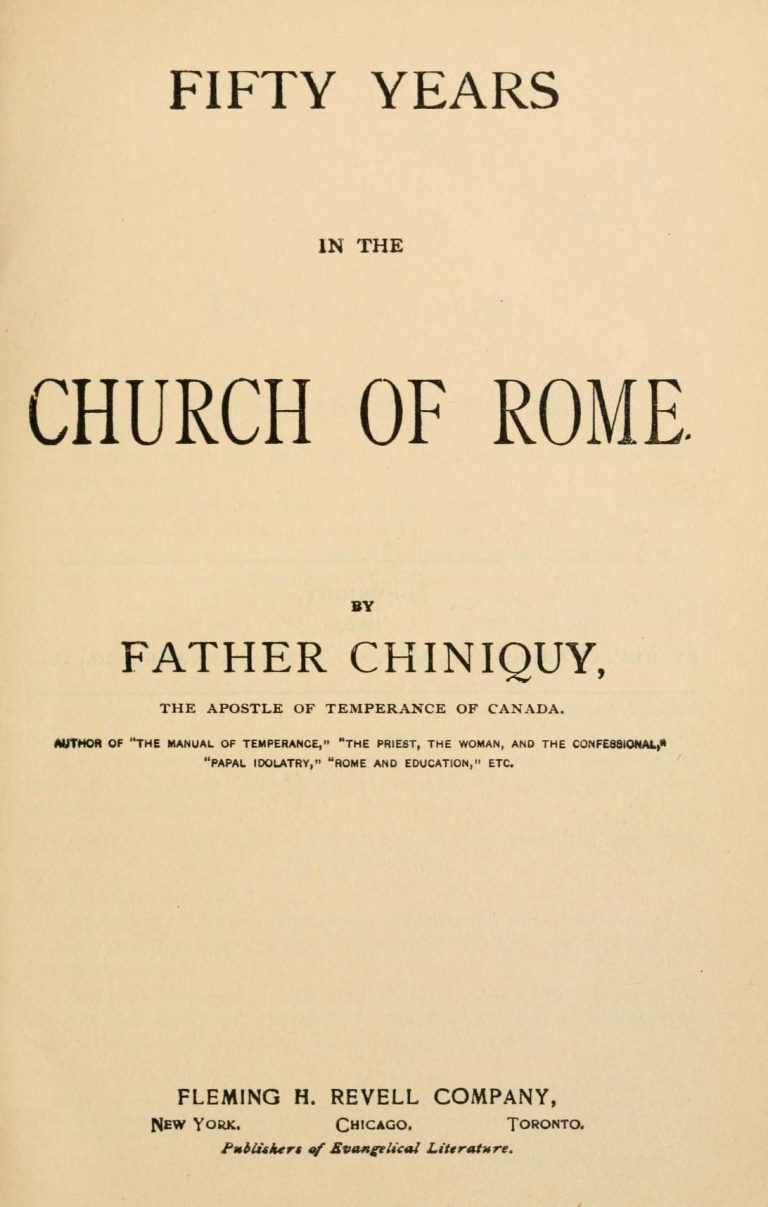Abraham
Lincoln
What did the early Saints think of Abraham Lincoln? Was Abraham Lincoln influenced by the Book of Mormon and the teachings of the Church?
Illinois Register
13 November 1840
WHIG VERACITY.
The Missouri Republican and Quincy Whig both assert that the Hon. Richard M. Young and Stephen A. Douglass, Esq., were at Nauvoo, in Hancock county, on the day of the election, and it is insinuated by these Federal prints that they "induced two hundred Mormon voters to erase the name of A. Lincoln from the Whig electorial ticket, and substitute the name of James H. Ralston in its stead." Now, for part of the above, every citizen of Springfield, can answer for its falsity. Mr. Douglass was in this place on the day of the election near the polls all day.
The Quincy Whig speaks of the erasure of Mr. Lincoln's name as "a trick played upon "two hundred Mormon voters." We do not view it in this light. It is very certain that Mr. Lincoln runs near 200 votes behind his ticket in Hancock county, and it is equally as certain that Judge Ralston runs near 200 ahead of his ticket, but this the voters had a perfect right to do.

The "Mormon voters," as well as all other voters have the right to vote for whomsoever they please, and no editor has the right to insinuate that any voter is governed by improper motives, or has been "tricked." as this Whig editor calls it. The only think that looks like a trick, in connection with the vote of Hancock, is in the omission by the clerk of the name of Mr. Eldredge from the official returns which he has sent to the office of the Secretary of State but this was probably accidental.
There is something connected with the vote at Nauvoo precinct, which needs explanation. Two hundred Mormon voters were induced to erase the name of A. Lincoln, from the whig electoral ticket, and substitute the name of James H. Ralston, in his stead. Rumor says that the Hon. Richard M. Young, of the U. S. Senate, and the "little giant," Stephen A. Douglass, who wants to go to Congress, were present at this election, and of course their names were freely used in connection with this little petty trick. If these rumors should prove correct, we shall have a column to spare for their benefit hereafter.

Why did the saints
erase Lincoln's name?
Times and Seasons
1 January 1841
Concerning Abraham Lincoln, John C. Bennett wrote:
"Many members in this house, likewise, were warmly in our favor, and with only one or two dissenting voices, every representative appeared, inclined to extend to us all such powers as they considered us justly entitled to, and voted for the law: and here I should not forget to mention that Lincoln, whose name we erased from the electoral ticket in November, (not, however, on account of any dislike to him as a man, but simply because his was the last name on the ticket, and we desired to show our friendship to the Democratic party by substituting the name of Ralston for some one of the Whigs,) had the magnanimity to vote for our act [the Nauvoo Charter], and came forward, after the final vote, to the bar of the house, and cordially congratulated me on its passage."

Father Chiniquy
c. 1886
"Two cankers are biting the very entrails of the United States, to-day: the Romish and the Mormon priests. Both are quietly at work to form a people of the most abject, ignorant and fanatical slaves, who will recognize no other authority but their supreme pontiffs. Both are aiming at the destruction of our schools, to raise themselves upon our ruins. Both shelter themselves under our grand and holy principles of liberty of conscience, to destroy that very liberty of conscience, and bind the world before their heavy and ignominious yoke. The Mormon and the Jesuit priests are equally the uncompromising enemies of our constitution and our laws; but the more dangerous of the two is the Jesuit — the Romish priest, for he knows better how to conceal his hatred under the mask of friendship and public good; he is better trained to commit the most cruel and diabolical deeds for the glory of God."
[Father Chiniquy, Fifty Years in the Church of Rome, 1886, pg 704]
Bennett meets
Abraham Lincoln
Concerning the Nauvoo City Charter
"Bennett later recounted that Representative John F. Charles, whose district encompassed Nauvoo, "was at his post, and discharged his duty as a faithful representative." Many other members were warmly in favor of the bill. Ford reported that the bill was never read except by its title. A roll-call vote was not requested, and "the same universal zeal in its favor was manifested here which had been so conspicuously displayed in the Senate." Even Abraham Lincoln, whose name the Mormons had erased from the electoral ticket in November, had the magnanimity to vote for the bill. He came forward after the final note to congratulate Bennett."
[Andrew F. Smith, The Saintly Scoundrel, pg. 55]


Library of Congress
Blog
The following post is by Eric P. Frazier, Reference Specialist in the Rare Book and Special Collections Division.
"As President Abraham Lincoln had been sworn in as the sixteenth president of the United States on May 4, 1861, many people have speculated that it was President Lincoln who consulted these particular volumes. However, this is a difficult claim to prove definitively. Someone from the president’s staff may have borrowed the book, for example. Seeking further information about the copy in question, Library staff turned to early Library of Congress institutional records."
The Emancipation Proclamation
January 1, 1863
A Proclamation.
Whereas, on the twenty-second day of September, in the year of our Lord one thousand eight hundred and sixty-two, a proclamation was issued by the President of the United States, containing, among other things, the following, to wit:
"That on the first day of January, in the year of our Lord one thousand eight hundred and sixty-three, all persons held as slaves within any State or designated part of a State, the people whereof shall then be in rebellion against the United States, shall be then, thenceforward, and forever free; and the Executive Government of the United States, including the military and naval authority thereof, will recognize and maintain the freedom of such persons, and will do no act or acts to repress such persons, or any of them, in any efforts they may make for their actual freedom.
"That the Executive will, on the first day of January aforesaid, by proclamation, designate the States and parts of States, if any, in which the people thereof, respectively, shall then be in rebellion against the United States; and the fact that any State, or the people thereof, shall on that day be, in good faith, represented in the Congress of the United States by members chosen thereto at elections wherein a majority of the qualified voters of such State shall have participated, shall, in the absence of strong countervailing testimony, be deemed conclusive evidence that such State, and the people thereof, are not then in rebellion against the United States."
Now, therefore I, Abraham Lincoln, President of the United States, by virtue of the power in me vested as Commander-in-Chief, of the Army and Navy of the United States in time of actual armed rebellion against the authority and government of the United States, and as a fit and necessary war measure for suppressing said rebellion, do, on this first day of January, in the year of our Lord one thousand eight hundred and sixty-three, and in accordance with my purpose so to do publicly proclaimed for the full period of one hundred days, from the day first above mentioned, order and designate as the States and parts of States wherein the people thereof respectively, are this day in rebellion against the United States, the following, to wit:
Arkansas, Texas, Louisiana, (except the Parishes of St. Bernard, Plaquemines, Jefferson, St. John, St. Charles, St. James Ascension, Assumption, Terrebonne, Lafourche, St. Mary, St. Martin, and Orleans, including the City of New Orleans) Mississippi, Alabama, Florida, Georgia, South Carolina, North Carolina, and Virginia, (except the forty-eight counties designated as West Virginia, and also the counties of Berkley, Accomac, Northampton, Elizabeth City, York, Princess Ann, and Norfolk, including the cities of Norfolk and Portsmouth[)], and which excepted parts, are for the present, left precisely as if this proclamation were not issued.
And by virtue of the power, and for the purpose aforesaid, I do order and declare that all persons held as slaves within said designated States, and parts of States, are, and henceforward shall be free; and that the Executive government of the United States, including the military and naval authorities thereof, will recognize and maintain the freedom of said persons.
And I hereby enjoin upon the people so declared to be free to abstain from all violence, unless in necessary self-defence; and I recommend to them that, in all cases when allowed, they labor faithfully for reasonable wages.
And I further declare and make known, that such persons of suitable condition, will be received into the armed service of the United States to garrison forts, positions, stations, and other places, and to man vessels of all sorts in said service.
And upon this act, sincerely believed to be an act of justice, warranted by the Constitution, upon military necessity, I invoke the considerate judgment of mankind, and the gracious favor of Almighty God.
In witness whereof, I have hereunto set my hand and caused the seal of the United States to be affixed.
Done at the City of Washington, this first day of January, in the year of our Lord one thousand eight hundred and sixty three, and of the Independence of the United States of America the eighty-seventh.
By the President: ABRAHAM LINCOLN
WILLIAM H. SEWARD, Secretary of State.
© Copyright. All rights reserved.
We need your consent to load the translations
We use a third-party service to translate the website content that may collect data about your activity. Please review the details in the privacy policy and accept the service to view the translations.